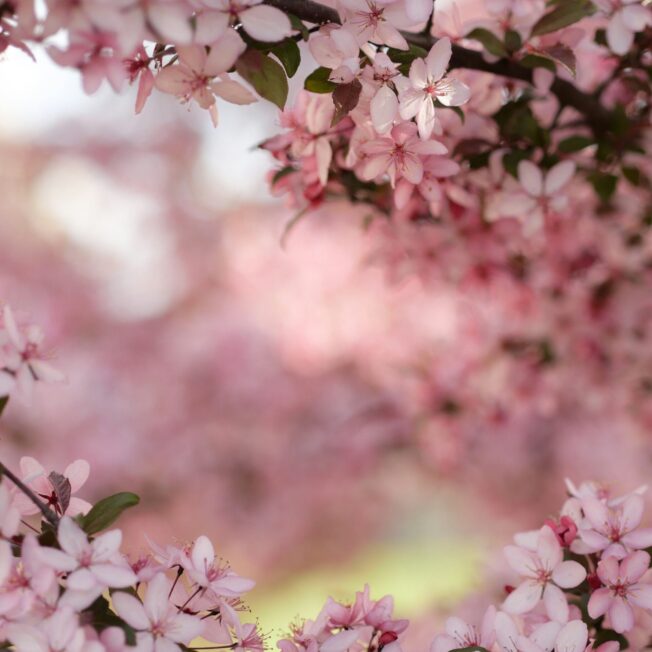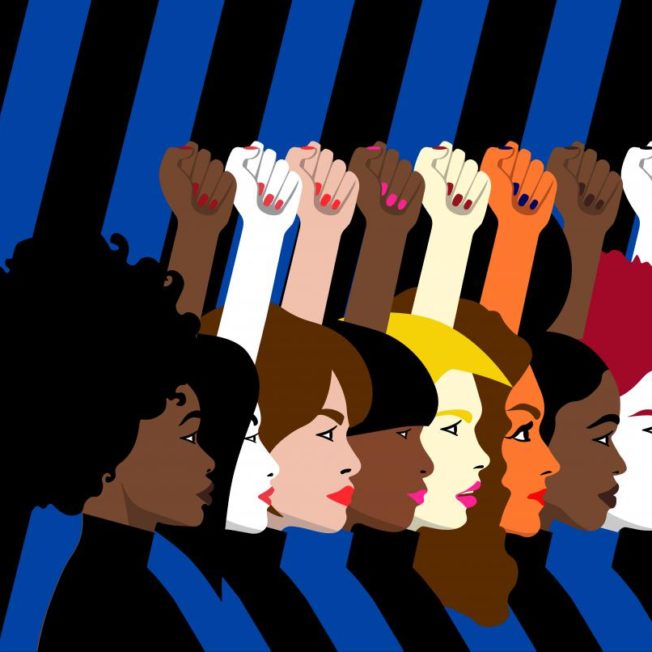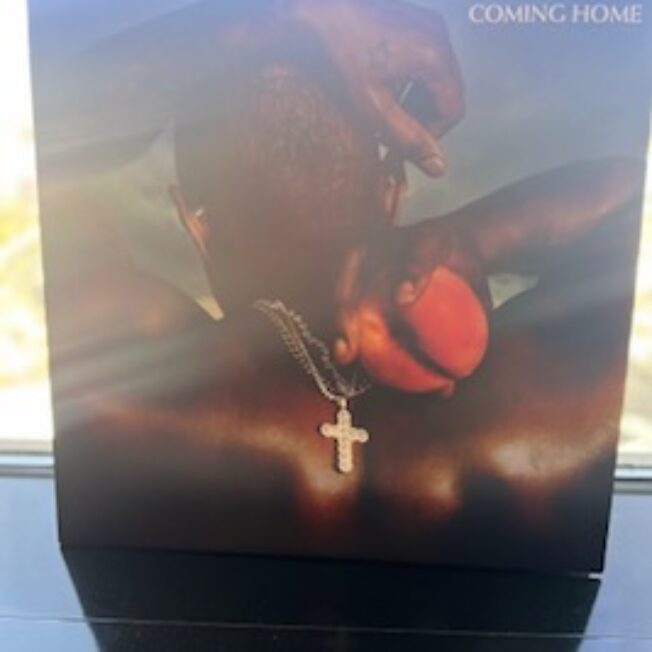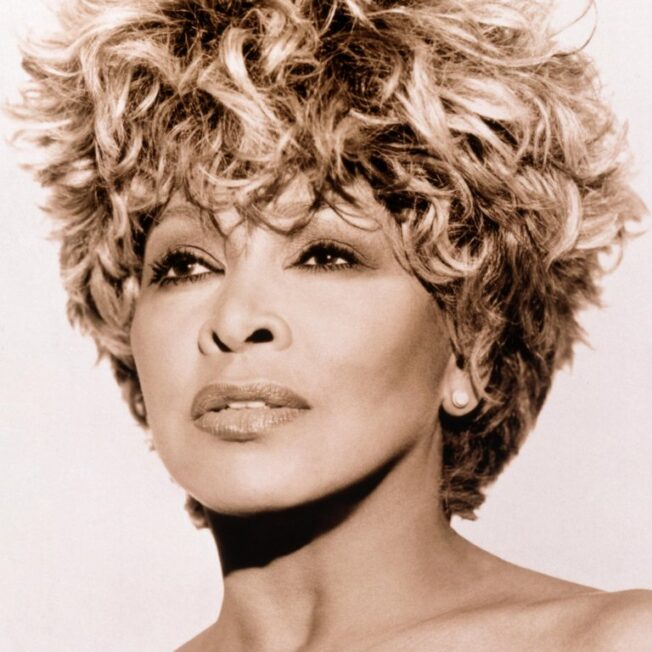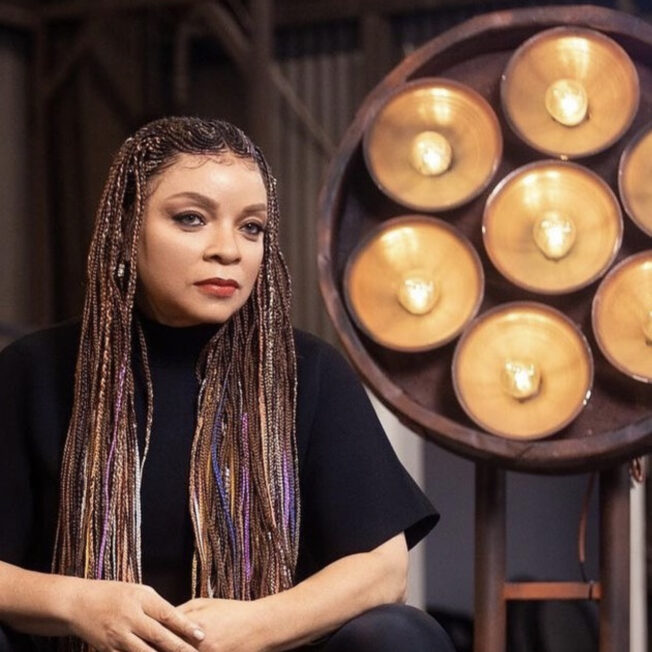Contrary to popular belief, International Women’s Day isn’t something that has come to fruition over the course of the last couple of decades. It predates the current feminist movement, going back over a century during the rise of “radical” ideologies in the early 1900s. 1908, to be exact. It all started with a march of 15,000 women through New York City to demand shorter hours, better pay, and voting rights. In 1913, March 8 was declared the official date of International Women’s Day going forward, solidifying its place in history to celebrate the social, economic, cultural, and political achievements of all women–no matter their ethnicity, age, or sexual orientation–acting as a call to action to further instill equal rights.
International Women’s Day has kicked up a notch by former educator Molly Murphy MacGregor in 1978 when she organized the first-ever Women’s History Week in California. Their initial focus was on women as professionals but has since advanced to include the internal and societal struggles women face every day globally. As the co-founder, her work for the National Women’s History Alliance helped create Women’s History Month remembered annually in March.
Inclusion, not exclusion
There’s a quote that you’ve likely seen somewhere on the internet, dismissing exclusionary feminism: “If your feminism isn’t intersectional, it’s not feminism.” This sparks a lot of debate, as it denotes what is commonly referred to as “white feminism,” which focuses on the struggles of white women versus women of color. Intersectional feminism–coined by Kimberlé Crenshaw in 1989–in its simplest terms, broadens the agenda of early feminism to include experiences from other races, classes, sexual orientations, ages, and religions.
The disparity between these two types of feminism can be highlighted by numerous moments in history. It’s the Black Lives Matter movement, dismantling anti-Semitism, working towards rights for Native Americans, rallying for the LGBTQ+ community and for transwomen’s’ rights. It goes beyond the early ideologies, acknowledging the different experiences and identities of women globally.
The women making an impact on the world today
Women make waves every day in society, from small changes in their communities to movements that grow every single day. For International Women’s Day, we wanted to spotlight these 5 women for the impact they’re currently having on society today.
Greta Thunberg
TIME’s 2019 Person of the Year has made climate change the epicenter of her movement, urging the youth to use their voices and for adults to listen to the environmental tragedies happening to the planet. Her global movement started small in August 2018 after skipping school to camp out in front of the Swedish Parliament with a sign that read “Skolstrejk för climate” translating to “School Strike for Climate.” Since then, she’s taken on the heads of state at the United Nations, met with the pope, and led four million people to the global climate strike in September of 2019 for the largest climate demonstration in history.
Lizzo
This multi-talented phenome has broken out in the music scene and has continued to push the envelope with her loud and proud take on societal issues. Lizzo–a self-proclaimed feminist–believes in the equality of men and women, but also uses her voice to shine the light on body inclusivity as well as celebrate black women in America.
Alexandra Ocasio-Cortez
Alexandra Ocasio-Cortez has been revolutionizing politics in the modern-day after becoming the youngest woman to serve in the United States Congress. The 30-year-old representative has used her voice to denounce the politics of the Trump administration by seeking out corruption while championing for women’s’ and minorities’ rights.
Janet Mock
Much like her 2014 book “Redefining Realness: My Path to Womanhood, Identity, Love & So Much More,” Janet Mock has been redefining what it is to be a woman in this world. This book was the first biography to ever be written from the perspective of a young trans person. This wasn’t her only first when it came to making history. Her three-year multimillion-dollar contract with Netflix has made her the first openly transgender woman of color to sign a deal with a major content company. With this deal, Mock wants to continue to use her voice and creative ventures to “empower people and equip them to tell their own stories.”




